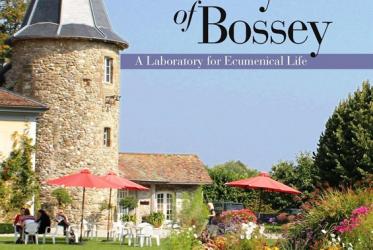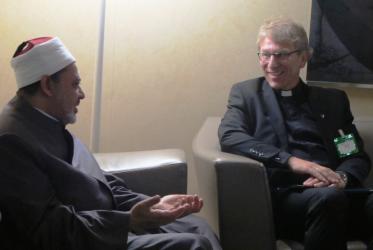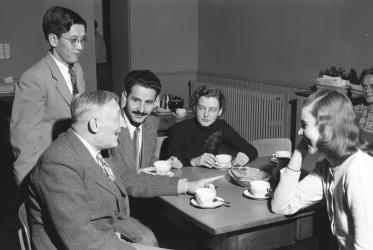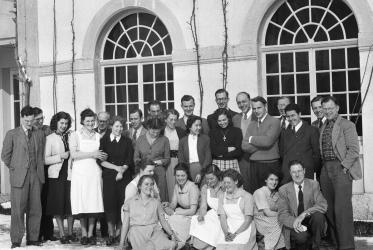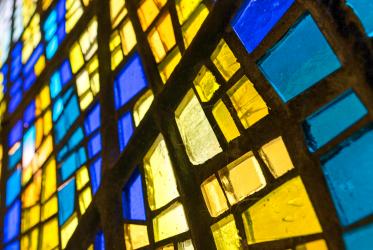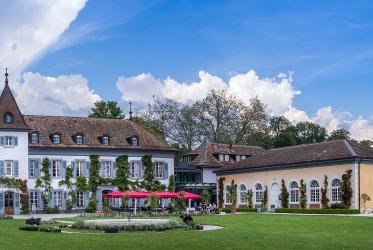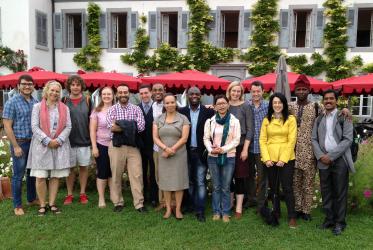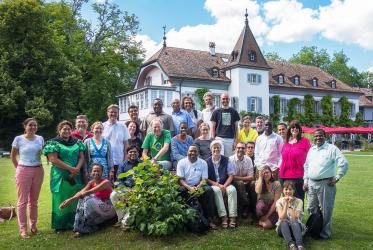Displaying 81 - 100 of 110
30 September 2016
Dialogue flourishes between WCC, Muslim Council of Elders
30 September 2016
Bossey anniversary commemorates 70 years of heartfelt dialogue
28 September 2016
WCC’s Bossey institute celebrates 70 years with array of events
23 September 2016
Young people reflect on interreligious studies
23 August 2016
Bossey students celebrate graduation
23 August 2016
Like pilgrims to the Ecumenical Centre, Geneva
07 April 2016
Bossey students on their way to future of ecumenism
10 February 2016
Basel University honors Ghanian Methodist theologian
09 December 2015
Bossey students combine academics with global relationships
21 October 2015
Understanding justice and peace as Christian pilgrims
15 January 2015
Water network develops a theological framework for water justice
12 December 2014
Apply now: Academic courses at Ecumenical Institute in Bossey
13 November 2014
Young theologians explore ways of furthering ecumenical formation
16 September 2014
Addressing ecology, theology and justice in practice
01 July 2014
